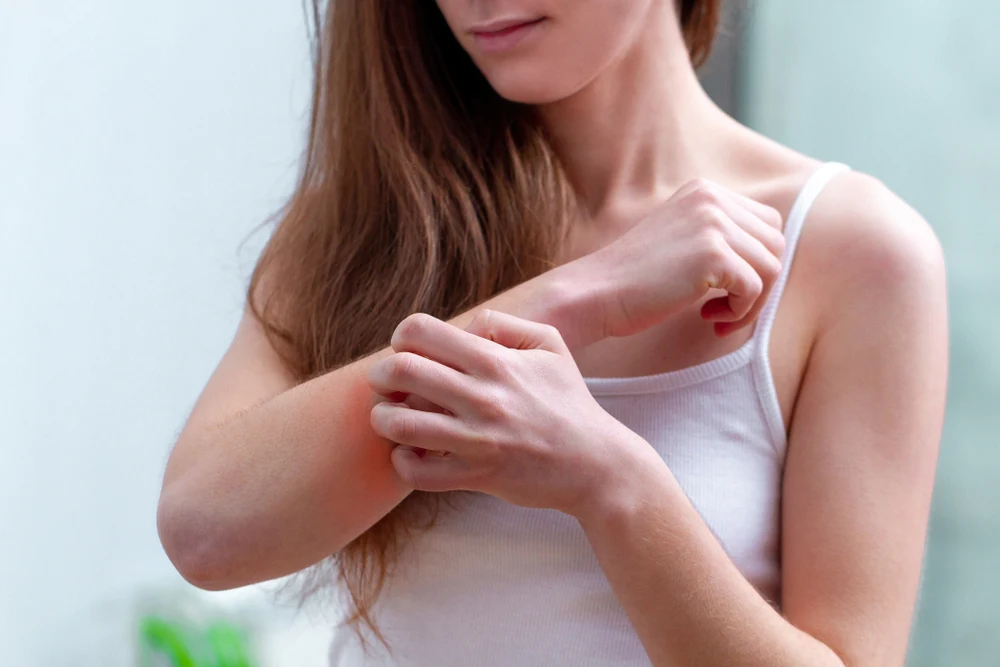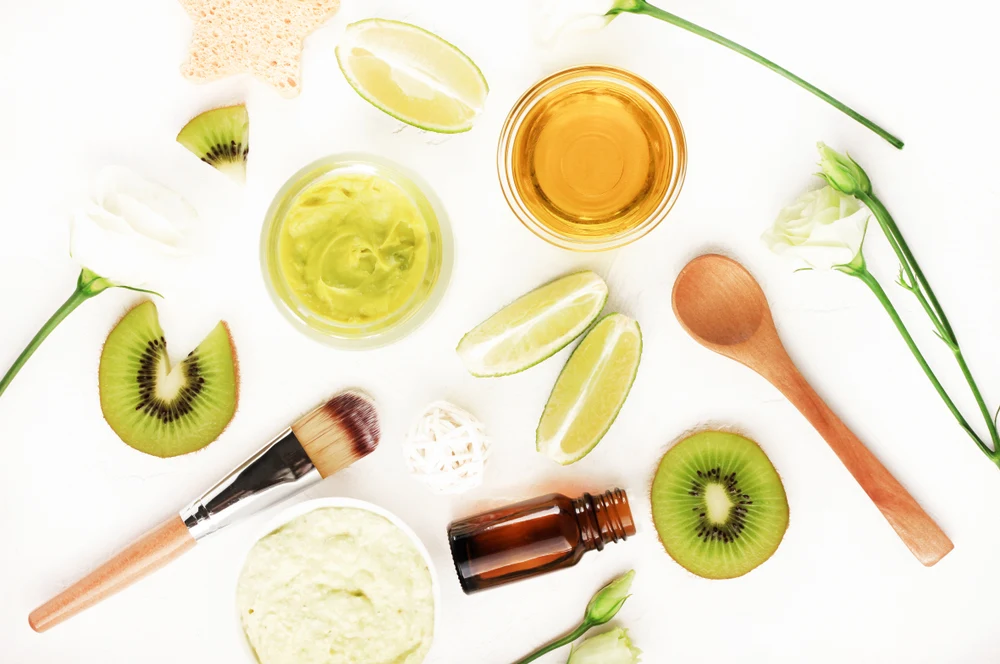Sun rash is essentially a sun allergy
If you become red and itchy after spending time out in the sun — and you haven't fallen into a patch of poison ivy — you might have a case of sun rash.
If you develop it, you'll notice it's no sunburn: Sun rash, also called sun allergy, is the immune system's reaction to sunlight. While getting a bit of sunshine may actually help boost your immune system and leave you with a healthy, natural glow, people with this condition respond to the sun's rays with hives, itchy, rough patches or a burning rash with fluid-filled blisters.
One of the most common forms of sun rash is called polymorphic light eruption (PMLE), which also goes by the term sun poisoning. Although the name makes it sound very serious, the condition isn't actually life-threatening — however, it can make things uncomfortable for your skin in the short term.
For many, the condition runs in the family. The Mayo Clinic reports that it's also possible to trigger a sun rash by going out in the sun while taking certain medications, including antibiotics and pain relievers. If you spend a lot of time soaking in the sun, follow up with your doctor about any new medications to make sure they won't amplify your skin's reaction to sunlight. Even limes can trigger a sun rash in certain people.
It's also worth eyeing your skincare: Some products can also cause sensitivity. The Skin Cancer Foundation warns that ingredients such as retinols, glycolic acid, benzoyl peroxide and vitamin C may all increase your skin's sensitivity to the sun.
Sun rash can affect any part of your body, but it most commonly appears on arms, legs, hands and the back of the neck. Keep in mind that, while the symptoms are similar, sun rash is different from heat rash, which is caused by hot, humid weather rather than exposure to sunlight.
How to treat sun rash
The best sun rash treatment is prevention. If you needed another reason to wear sunscreen, you've found it! SPF offers protection against the harmful effects of UV rays, including a certain pesky rash. It's also a good idea to stay out of the sun at times of the day when it's particularly strong. Choose a broad-spectrum sunscreen, which will block both UVA and UVB rays. Don't forget to reapply every two hours you're in the sun!
As you compare different sunscreens, look for gentle formulations without fragrance, particularly if you know you have sensitive skin. Other prevention options include UV-blocking clothing and avoiding known triggers, such as foods you're sensitive to.
Figuring out how to treat sun rash is much easier when you know the triggers. For instance, if the rash is related to a certain chemical, avoid contact with it during the summer. Using a calming moisturizer can help speed up sun rash treatment if you're dealing with itchiness and dryness. The American Academy of Dermatology also recommends using a cold compress (for instance, wrapping ice cubes in a washcloth) and wearing loose-fitting clothing until your skin calms.
Although sun rash treatment isn't always necessary — in many cases, it resolves on its own — keep an eye on how it develops over time. If the rash doesn't go away and you're not confident in how to treat sun rash yourself, a dermatologist or primary care physician can help. In some cases, medications help calm and even prevent certain types of sun rash.
You deserve to feel comfortable in your own skin, and that's difficult when your skin is uncomfortable. Protecting yourself from the sun ensures your skin gets to enjoy the summer as much as you do.





